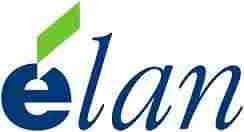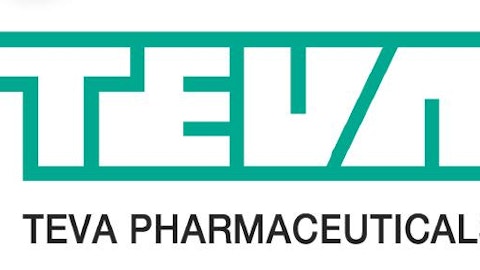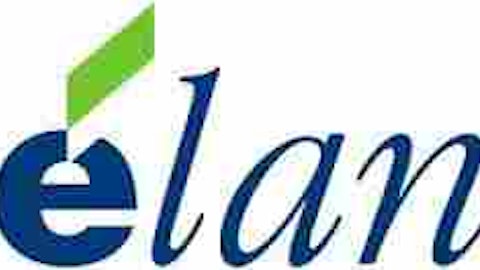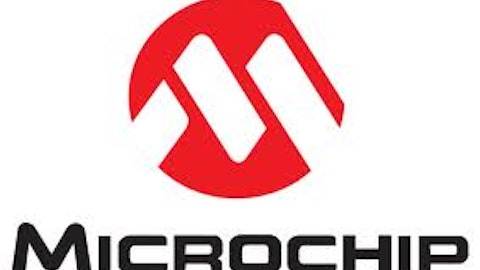Elan Corporation, plc (NYSE:ELN) just announced a restructuring of its Tysabri collaboration with Biogen Idec Inc. (NASDAQ:BIIB) going from a 50/50 collaboration to an upfront payment of $3.25 billion, and a double digit tiered royalty structure for the complete assets.
Under the terms of the deal, Elan receives a royalty payment of 12% of Tysabri’s global net sales for the first 12 months, and it then gets a tiered royalty structure after a year. Biogen gets full ownership and control of Tysabri.
Billed as a “tax efficient transaction,” and “one that provides a simplified structure enabling improved alignment of therapy to patients,” the deal also provides Elan with capital and long term cash flow for investment growth and business diversification.
Elan CEO Kelly Martin said the deal provides shareholders with an immediate return from Tysabri as well as long-term participations on the success of the product through the royalty agreement. Furthermore, it reduces risk.
While it all sounds like a win-win for Elan, shares of the Dublin, Ireland based pharmaceutical company slumped more than 8% on the news, as Biogen enjoyed a better than 2% gain. The action left some scratching their heads and asking why, especially after credit rating firm Moody’s called the deal a “credit negative” for Biogen.
Tysabri is used to treat multiple sclerosis and Crohn’s disease. It is said to work by reducing the ability of inflammatory cells to attach and pass through the body. It is administered intravenously every 28 days. Sales of the drug were some $1.1 billion in 2012.
The drug received FDA approval in 2004. It was subsequently withdrawn after it was linked to a rare neurological brain condition called PML. It returned to the market two years later after a safety review and no further PML linked fatalities. However since its return, some 31 cases of PML have been linked to Tysabri. But the drug remains on the market (with a high-risk label) because its benefits are believed to outweigh its risks. Many doctors and patients maintain it is the most effective MS treatment currently on the market. In Europe, the drug is only approved to treat MS.
As Elan unburdens itself from risks associated with Tysabri, it still stands to be rewarded from sales of the blockbuster drug.
But could there be an ulterior motive behind Biogen’s move? The company recently announced its longer-lasting, in-trial, injectable MS drug, peginterferon beta-la, helped reduce patients risk of relapse by 36% when administered every two weeks, meeting study goals. Side effects were minimal and included redness at the sight of injection and flu like symptoms.
The medicine also reduced patients’ risks of flare-ups by 28% when given every four weeks compared to a placebo. The Weston, Mass. based company plans to apply for regulatory approval both here and abroad for the drug. The new treatment is a fresh version of its best-selling drug Avonex, which kicked-in some $2.7 billion to Biogen’s bottom line last year. Biogen is also waiting for FDA approval of its highly anticipated MS pill Tecfidera, thought to be more effective and better tolerated than existing injectable MS drugs.
Is Biogen planning to shelve Tysabri and push peginterferon and Tecfidera (with less adverse side effects)? That is pure conjecture and probably not likely. But with Biogen now in control of Tysabri, it’s worth a thought. Who knows what would happen to those royalty payments promised to Elan. What Biogen is doing is staking its place as the major player in the treatment of MS. And now with full control of Tysabri, Biogen has more flexibility with how the drug is sold and marketed.
Multiple sclerosis is an auto-immune disease that affects approximately 400,000 people in the United States and 2.5 million globally. There is not cure. The disease effects, progresses and responds differently in each patient, but medications are effective for many who suffer with the ailment.
Elan has been progressively streamlining of late. In December, the company separated a substantial portion of its drug discovery business Prothena Corporation plc – Ordinary Shares (NASDAQ:PRTA). Elan shareholders received one share of PRTA for every share of Elan in the demerger. Prothena is working on potential and novel therapies for neurological conditions like Parkinson’s and Alzheimer’s, inflammatory disease, and metastatic cancers.
Elan continues to work on treatments for a host of neurological and auto-immune diseases, including a promising Alheimzers’ drug with Johnson and Johnson. The upfront payment from Biogen provides Elan with cash to fund its research and development programs. The company gave little future guidance when it reported Q4 results for 2012 except to comment on the Tysabri deal. Revenue rose 18% to $319.8 million in the fourth quarter, but cash operating expenses remained flat.
The Irish based company is a survivor. A decade ago, it was questionable if the company could stay alive. Don’t underestimate Elan. The company has the luck of the Irish on its side.
The article Why Elan Cut Its Ties To Tysabri originally appeared on Fool.com and is written by Diane Alter.
Copyright © 1995 – 2013 The Motley Fool, LLC. All rights reserved. The Motley Fool has a disclosure policy.





